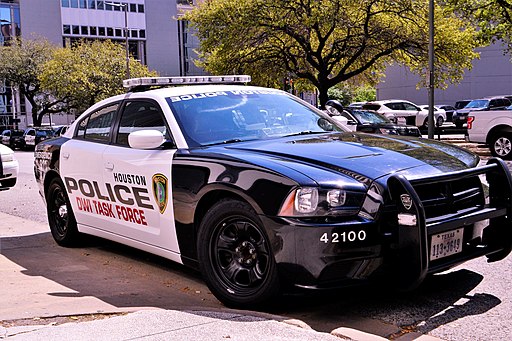What are the Laws for Underage Drinking in Texas?
Texas has zero tolerance for underage alcohol consumption, as well as minors driving while they are intoxicated. While jail time is unlikely for minors upon their first offense, other circumstances and repeat offenses can make the consequences increasingly harsh. 
Generally, driving while intoxicated is defined under Texas Penal Code Title 10, Chapter 49, as having a BAC (blood alcohol concentration) of .08 percent or more and/or not having normal use of physical or mental faculties because of drug, alcohol, or other substance consumption.
For minors, or anyone under 21 in Texas, however, it is illegal to operate a motor vehicle with any detectable amount of alcohol or drugs in their systems. Additionally, drivers under 21 who are found with any detectable amount of alcohol in their system can be convicted of both a DWI and DUIA (driving under the influence of alcohol).
What are the DUI Penalties for a Minor?
Minors driving while intoxicated—even a first offense—can earn them a slew of penalties. Generally, first offenders do not receive jail time in Texas; instead, consequences such as fines, loss of driving privileges, probation, and community service are meant to deter future infractions. Each subsequent offense by a minor, however, will lead to increasingly worse ramifications, including potential jail time.
Consequences also vary based on the driver’s age and past driving infractions. For instance, if a minor younger than 17 is convicted of DUIA, it counts as a Class C misdemeanor and the minor could face a 60-day license suspension; fines up to $500; 20 to 40 hours of mandatory community service; and mandatory completion of an Alcohol Education Program or other course. If a minor is between 17 and 20, though, a DUIA is a Class B misdemeanor. Consequences may include up to $2,000 in fines and a minimum one-year license suspension—with a reduction possible through using an ignition interlock device (IID) and complying with community supervision. For older minors, this also could result in 72 hours to 180 days in jail, particularly upon a second offense.
Under Texas’ implied consent law, all drivers who are lawfully arrested for a DWI must submit to chemical testing of their BAC. Those who refuse can face civil penalties, known as Administrative License Revocation, in addition to criminal penalties. Minors who refuse a chemical test can receive a 180-day license suspension for the first offense and a two-year suspension for the second offense.




